The plasticulture enigma
En analyse af effekter af plastikdrivhuse på vandressource, økosystemer og socioøkonomisk bæredygtighed
Den globale befolkningstilvækst kombineret med virkningerne af klimaforandringer, kræver en ændrede landbrugspraksis mod mere bæredygtig (gen)anvendelse af ressource som vand, jord og inputs, samt inkluderende socioøkonomisk udvikling i landdistrikter i det globale syd. Dette ’nexus’ mellem naturressourcer og socioøkonomiske bæredygtig udvikling kan muligvis understøttes af landbrugsproduktion i drivehuse dækket med plastikfilm – såkaldt ’plasticulture’ – en produktionsform der er vokset markant i de senere år, specielt i rurale områder i det globale syd. Kunstvandet ’plasticulture’ landbrug er en omkostningseffektiv måde at intensivere landbrugsaktiviteter i aride og semi-aride områder. Det understøttes ofte af statsstøtte som et middel til at fremme socioøkonomisk udvikling – især i områder, der traditionelt ikke er blevet dyrket, og/eller har været afhængige af regnvandsbaseret landbrug med begrænsede muligheder for ikke-landbrugsrelaterede økonomiske aktiviteter. Forskning i socioøkonomiske dynamikker og miljømæssige konsekvenser af intensiveret landbrug gennem ’plasticulture’ er begrænset. Det overordnede mål med dette tværfaglige forskningsprojekt er at bidrage til en bæredygtig transformation af landbruget uden at kompromittere vandressourcer, terrestriske- og vandmiljøer. Forskningsprojektet vil undersøge 1) drivkræfterne bag ’plasticulture’ landbrug og vurdere socioøkonomiske udviklingskonsekvenser; 2) estimere vandforbrug og virkningen på overflade- og grundvandsmænge og analysere dette i et klimaperspektiv; 3) undersøge plastikaffald fra ’plasticulture’ og udforske strategier for genanvendelse. Resultaterne af forskningsprojektet vil bidrage til at fremme bæredygtigt landbrug, inklusiv forvaltning af vandressource, bæredygtig økonomisk vækst og beskæftigelsesmuligheder, ansvarlig forbrug og produktion, herunder affaldshåndtering, samt klimaforandring og dens virkninger.
Projektleder
Marianne Nylandsted Larsen, Sektion for Geografi 2 ([email protected])
Projektperiode
01-10-2024 til 30-09-2027
The plasticulture enigma
Analyzing the effects of plastic agriculture on water resources, ecosystems and socio-economic sustainability
The rapid growth of the world population, combined with the impacts of climate changes, requires a green agricultural transition towards more sustainable (re)use of resources, such as water, land, inputs (fertilizers and pesticides), as well as inclusive socio-economic development in rural regions in the global South. This socio-economic and natural resource ‘nexus’ for sustainable development might be supported by agricultural farming in greenhouses covered with plastic films – so-called plasticulture – which has developed rapidly in recent years. Irrigated plasticulture farming system has recently become a cost-effective way of intensifying agricultural activities in arid and semi-arid areas of the global South. It is often supported by state subsidies as a means to promote socio-economic development – notably in areas that traditionally have not been cultivated and/or have been dependent on rain-fed agriculture, with limited possibilities for non-agricultural rural economic activities. Knowledge on the socio-economic dynamics and environmental consequences resulting from intensified agriculture through plasticulture farming is scarce. The overall aim of this inter-disciplinary research project is to contribute towards sustainable transformation of agri-food systems without compromising water resources, terrestrial and aquatic environments. Specifically, the project aims to: 1) identify and examine the drivers of plasticulture farming and assess the socio-economic development implications; 2) estimate the impacts of intensification of plasticulture activities on surface- and groundwater quantity and analyze this in a climate change context; 3) examine flows and fate of plastic waste from plasticulture and explore strategies for recycling. The outcomes of the research project will contribute to the promotion of sustainable agriculture, including sustainable management of water resources for future generations and the environment, inclusive and sustainable economic growth and employment opportunities, responsible consumption and production, including waste disposal as well as climate change and its impacts.
Project leader
Marianne Nylandsted Larsen, Sektion for Geografi 2 ([email protected])
Project periode
01-10-2024 til 30-09-2027




